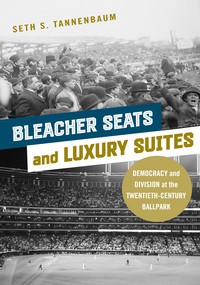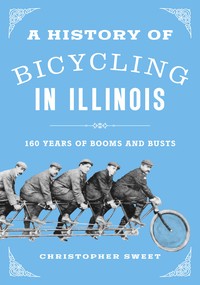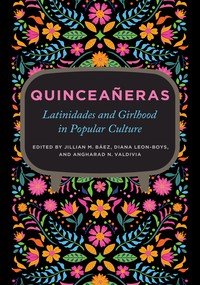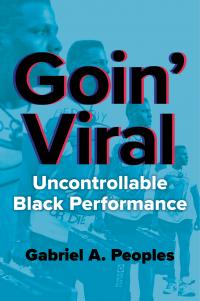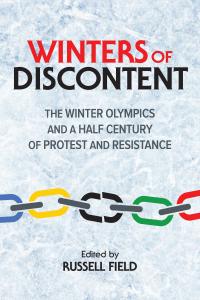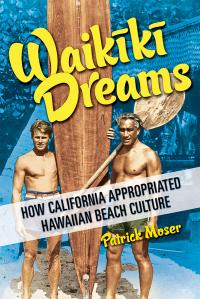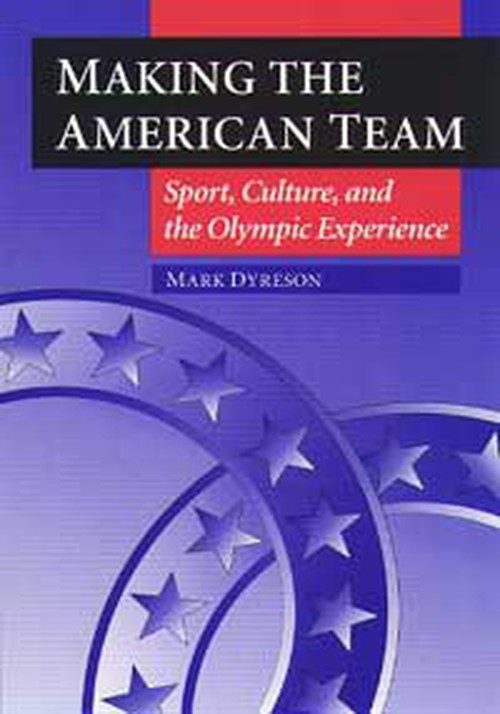
Making the American Team
Sport, Culture, and the Olympic Experience
Using sport to solve social and political problems, 1896-1912
Paper – $33
978-0-252-06654-2
eBook – $19.95
978-0-252-05689-5
Publication Date
Paperback: 01/01/1998
Series: Sport and Society
About the Book
Sport dominates television and the mass media. Politics and business are a-bustle with sports metaphors. Endorsements by athletes sell us products. "Home run," "slam dunk," and the rest of the vocabulary of sport color daily conversation. Even in times of crisis and emergency, the media reports the scores and highlights.Marky Dyreson delves into how our obsession with sport came into being with a close look at coverage of the Olympic Games between 1896 and 1912. How people reported and consumed information on the Olympics offers insight into how sport entered the heart of American culture as part of an impetus for social reform. Political leaders came to believe in the power of sport to revitalize the "republican experiment." Sport could instill a new sense of national identity that would forge a new sense of community and a healthy political order while at the same time linking America's intellectual and power elite with the experiences of the masses.
About the Author
Mark Dyreson is a professor of kinesiology at Penn State University.Reviews
"Dyreson's well-written, well-researched book is the first scholarly work to establish the historical origins of American cultural sentiment linking Olympic performance to national importance. . . . Should be commended for its breadth of research and for its critical insights on American sports leaders."--Kevin B. Wamsley, Labour/Le Travail"An excellent addition to the wealth of Olympic literature, most notably the historically based works of Guttmann, and also draws on the multitude of American themes within the Games. Importantly it demonstrates the political use of sport in America."-- Mike Cronin, Sports Historian
"An example of the history of ideas applied to the history of sport. . . . A welcome addition to the literature."--Tony Mason, Labour History Review




